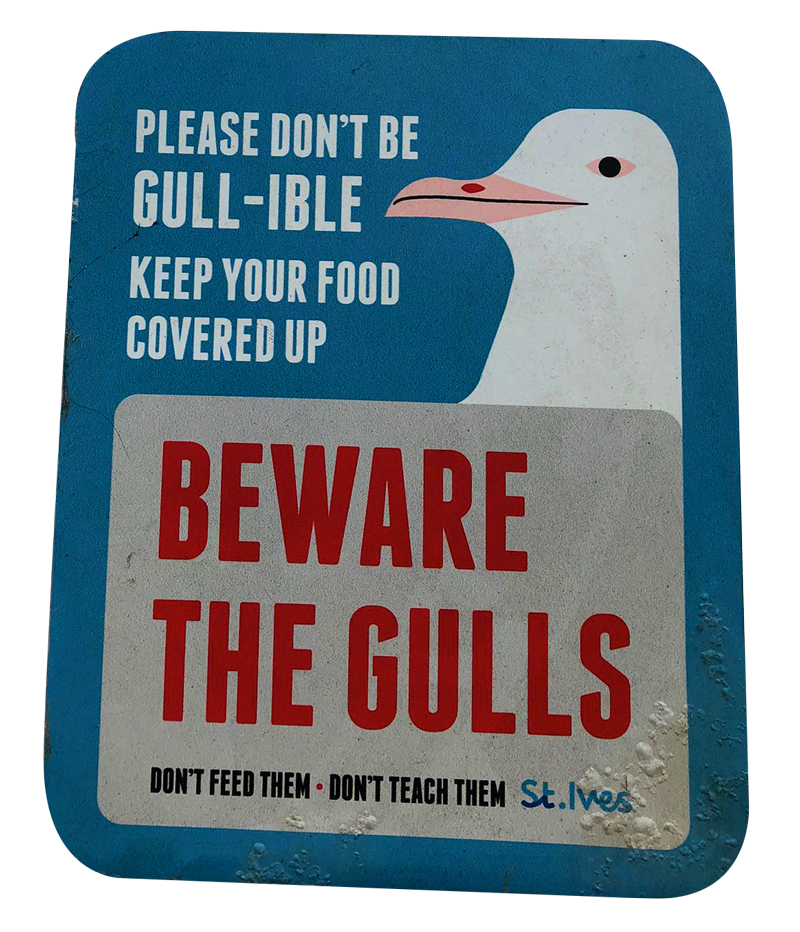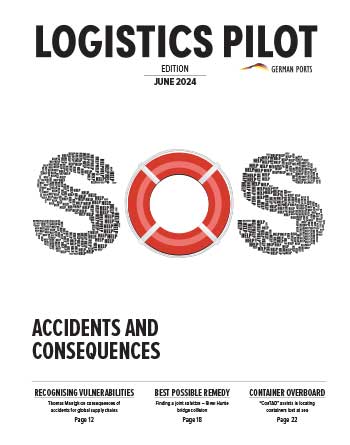Humour, a cool composure and tolerant attitude – and ditching any rigid negotiating strategies and principles – is the trusted formula for business travellers during their next UK meeting.
Credits: Ellen Gnann, Pixabay/Ichigo121212
In contrast to some business codes, she feels a quick handshake is an appropriate greeting for an initial meeting: “But this applies only for the first business meeting.” After that, and particularly since the coronavirus pandemic began, avoid direct contact and leave at least an “arm’s length” of personal space for good measure. When greeted with the phrase “How are you?”, she advises you reply with “How are you?” in return and add a “Nice to meet you!”. A detailed digression about your personal well-being is not appropriate here – especially since you do not really know your counterpart well at this point. How well this process of bonding then unfolds depends to a large extent on the empathy and small-talking skills of the visitor. “Besides the weather and the food, cricket, football or horse racing are go-to topics. Upcoming events are always the starting points for a good conversation too. So if you are travelling to the UK this summer, you could bring up the famous tennis tournament at Wimbledon, for example,” suggests the expert.
“Yes, and …” instead of “no, but …”
She considers situational context to be even more important than conversation topics. “It is important to create a pleasant atmosphere in which you can talk in an informal and relaxed manner and one which is not immediately marked by limitations and divisions but by advantages and mutual opportunities. An open ‘yes, and…’ approach, which you can practise instead of an off-putting ‘no, but…’ mentality, can work wonders here,” explains Garratt-Gnann. That is because UK business partners are generally keen to negotiate outcomes of mutual benefit. Proposals that do not pose any advantages are difficult to convey. People who use a commanding tone or act like a superior are particularly poorly received. To appear competent, introduce your suggestions with phrases such as “what about …”, “I was hoping …” or “I would really appreciate …” but be careful! UK residents like to discuss alternatives, but once a contract is fixed, renegotiations won’t be considered. This must be done in advance when – as is customary in the UK – the minutes of the meeting prior to signing are discussed. “These serve as a basis for discussion and thus allow for a certain amount of flexibility,” says Garratt-Gnann.
Just ask and bounce off your counterpart
If you attend a work-related lunch where business is involved, the IMB founder recommends waiting to address business-related issues until your counterpart mentions them, rather than doing so immediately. According to her experience, it is also quite common to discuss business-related matters in a restaurant, pub or during another leisure activity. “This can sometimes be even more effective than in a sterile office environment,” she points out. When asked about proper attire or the right host gift for these meetings, she immediately comes back to the basics of interpersonal communication. “Just ask! You can never go wrong here. Because business events can be as versatile as dress codes. In addition, people in the UK are tolerant and are also open to non-conventional clothing, so it should be hard to venture too far outside of the box,” Garratt-Gnann clarifies wryly.
A similar approach can be taken with host gifts. For this, you could try to find out what your host in the United Kingdom may appreciate in talks leading up to the trip, for example. Also, any gift symbolising something about the visitor themselves or the region they come from is welcome. In fact, this type of gift creates a further segue into conversation. Garratt-Gnann recommends the following for your next UK trip: “Just embrace the challenge and casually bounce off the signals from your counterpart. You will see how quickly a pleasant conversational atmosphere naturally arises.” She then adds: “But please don’t try to copy the UK humour, just laugh along.” (bre)


“Humour, composure and tolerance will open many doors in all four countries.”
Nicola Garratt-Gnann, consultant for intercultural training at IMB Intercultural Management Consulting
Logistics Pilot
The current print edition - request it now free of charge.






